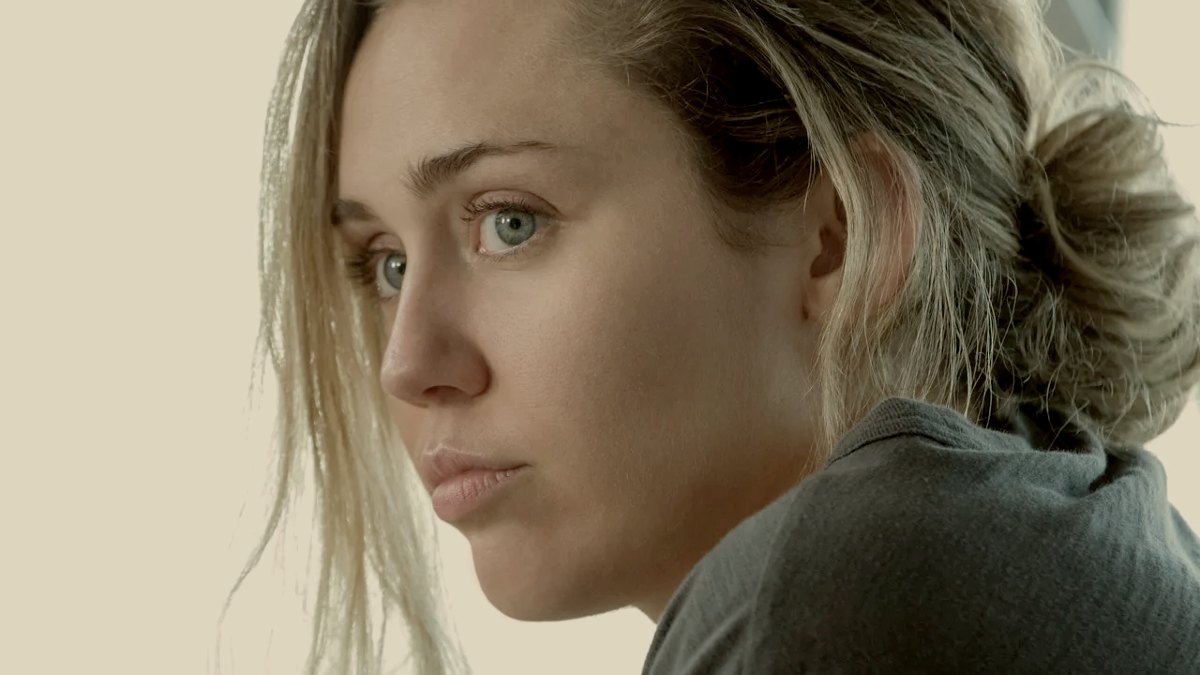
3 Must-Watch 'Mind-Bending' Netflix Series, According To A Psychologist
Need a thrilling, engaging reality check? Psychologists recommend these three Netflix shows.

By Mark Travers, Ph.D. | September 20, 2024
As we navigate our daily lives, we become familiar with people, situations, societal norms and how our reality works. Over time, we often take these elements for granted, assuming things will continue as usual or resigning ourselves to the challenges we face. However, occasionally, we encounter something or someone that shakes these assumptions, reigniting our curiosity and prompting us to question the world around us.
These three thought-provoking shows do just that. They challenge our perceptions of the known world, humanity and society, pushing us to explore more profound questions about our reality and how we experience it. By disrupting the familiar, these series inspire us to wonder, ask questions and broaden our perspectives.
Here are three psychologist-approved shows that tap into our deepest fears, challenging our understanding of the world.
1. Black Mirror (2011)
Black Mirror is an Emmy-winning anthology series that delves into the dark side of technology and its potential impact on society. Each episode presents a standalone narrative in a dystopian future where technological advancements have taken a disturbing turn. The show's ability to depict the plausible yet terrifying consequences of unchecked technological growth is what makes it so unsettling.
A common thread running through all episodes is the exploration of how new technologies blur the lines between the real and the virtual world. Black Mirror adopts science-fiction and dystopian strategies to depict near-future scenarios where the worst eventualities following our present are fully realized.
This technique, known as "cognitive estrangement," forces viewers to reflect critically on their reality, creating a sense of alienation that compels them to question the truths they've accepted and consider the consequences if nothing changes.
Research indicates that dystopian narratives like those in Black Mirror tap into what is known as "cyber-paranoia"—a term that describes the fear, mistrust or anxiety about technology, particularly regarding its impact on society, privacy and individual autonomy.
It often involves the belief that technology, especially advanced or emerging technologies like artificial intelligence, surveillance systems or digital platforms, could be used in ways that harm individuals or society. This paranoia is illustrated in frightening detail in dystopian narratives like Black Mirror through real-world incidents of technological misuse and concerns about losing control over personal data and privacy.
2. Dark (2017)
Dark is a German sci-fi thriller on Netflix that intricately weaves themes of time travel, parallel universes and family secrets. Its complex narrative structure, where multiple timelines converge, challenges viewers to question the linearity of time and the consequences of actions across generations.
The show depicts time as a malleable, non-linear concept, distorting viewers' perceptions and challenging conventional understandings of reality. Dark exploits cognitive vulnerabilities by presenting a paradoxical narrative that blurs the lines between cause and effect, heightening tension and anxiety as viewers struggle to discern what is real.
A Reddit user aptly notes, "It's a great show but not something you can watch passively; you must be in the mood to pay 110% attention because you constantly have to think and re-evaluate what you just watched. It's a very rewarding experience."
This intense cognitive engagement in the series forces viewers to continuously interpret complex plot points, re-evaluate what they've seen and make connections throughout the narrative. While mentally demanding, this process is highly rewarding, stimulating critical thinking and problem-solving skills and offering a deeper satisfaction as the narrative unfolds.
Dark is designed to take viewers on a mind-bending journey, leaving them questioning the nature of time and the far-reaching consequences of actions throughout generations.
3. The OA (2016)
The OA is a supernatural mystery series that blurs the lines between science fiction and spiritual exploration. It follows the story of a young woman who reappears after being missing for seven years, claiming to have experienced a near-death experience that gave her unique abilities and cured her blindness. The show challenges viewers to reconsider the boundaries between life, death and what lies beyond.
The OA delves into our deepest existential fears and curiosities about life after death, exploring the interconnectedness of dreams, the afterlife and alternate realities. By weaving a narrative that is both unsettling and hopeful, it forces us to question the very nature of our existence.
Studies on near-death experiences suggest that individuals who have undergone such events often report profound changes in their perception of reality, including a heightened sense of interconnectedness and altered temporal awareness.
The show transforms how people perceive reality and the true nature of their dreams, offering an experience that challenges and reshapes their perspective, all without needing to undergo a near-death experience.
Curious to know how you feel towards your dreams? Take this research-backed test to find out: Attitude Towards Dreams Scale
A similar version of this article can also be found on Forbes.com, here.
